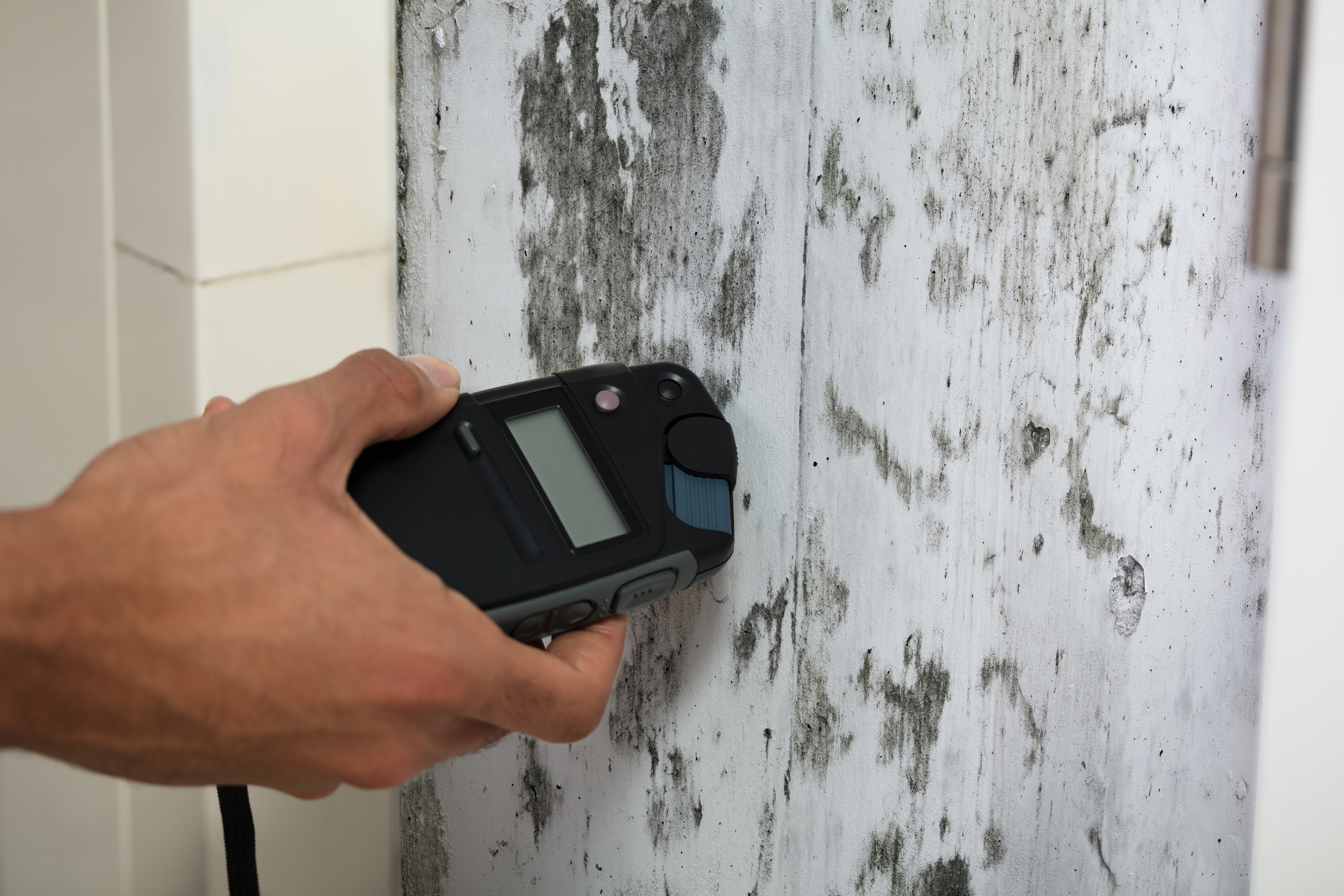
Mold Testing.
Everyone is exposed to some amount of mold daily, most without any apparent reaction. Generally, mold spores can cause problems when they are present in large numbers and a person inhales large quantities of them. This occurs primarily when there is active mold growth.
For some people, a small exposure to mold spores can trigger an asthma attack or lead to other health problems. For others, symptoms may only occur when exposure levels are much higher.
The health effects of mold can vary. The production of allergens or irritants can cause mild allergic reactions and asthma attacks. The production of potentially toxic mycotoxins can cause more severe reactions and in rare cases death.
Should I be concerned about mold in my home?
Yes. If indoor mold is extensive, those in your home can be exposed to very high and persistent airborne mold spores. It is possible to become sensitized to these mold spores and develop allergies or other health concerns, even if one is not normally sensitive to mold.
Left unchecked, mold growth can cause structural damage to your home as well as permanent damage to furnishings and carpet.
According to the Centers for Disease Control*, “It is not necessary, however, to determine what type of mold you may have. All molds should be treated the same concerning potential health risks and removal.”

